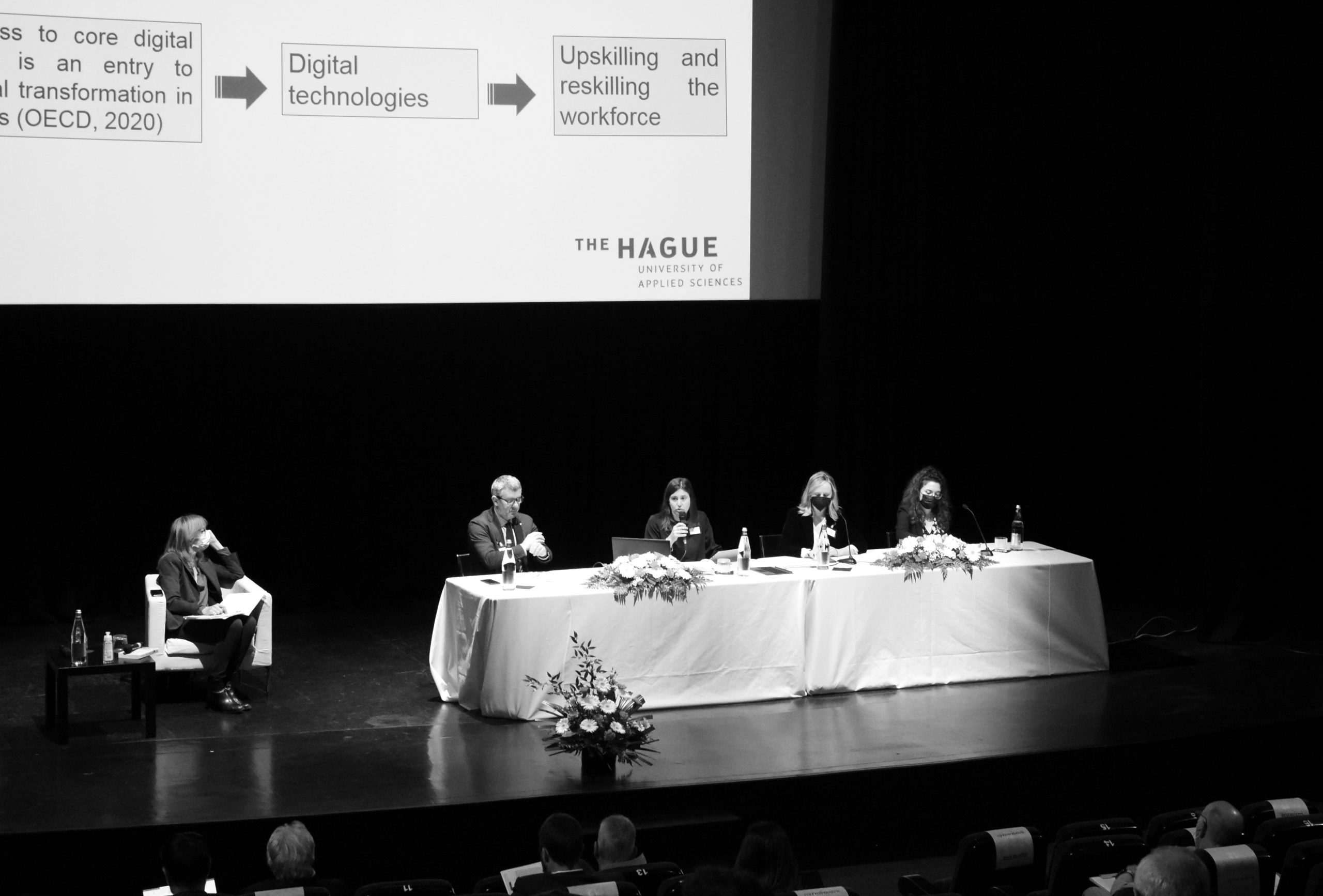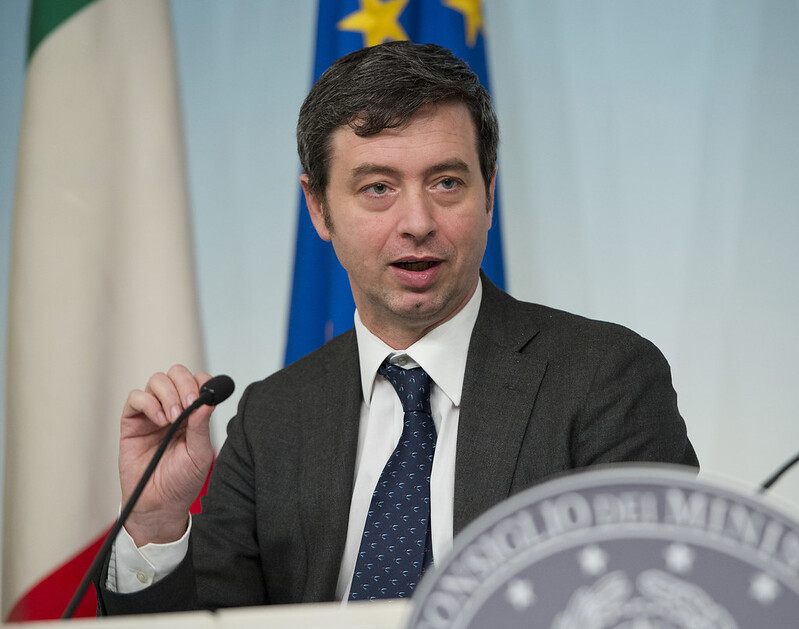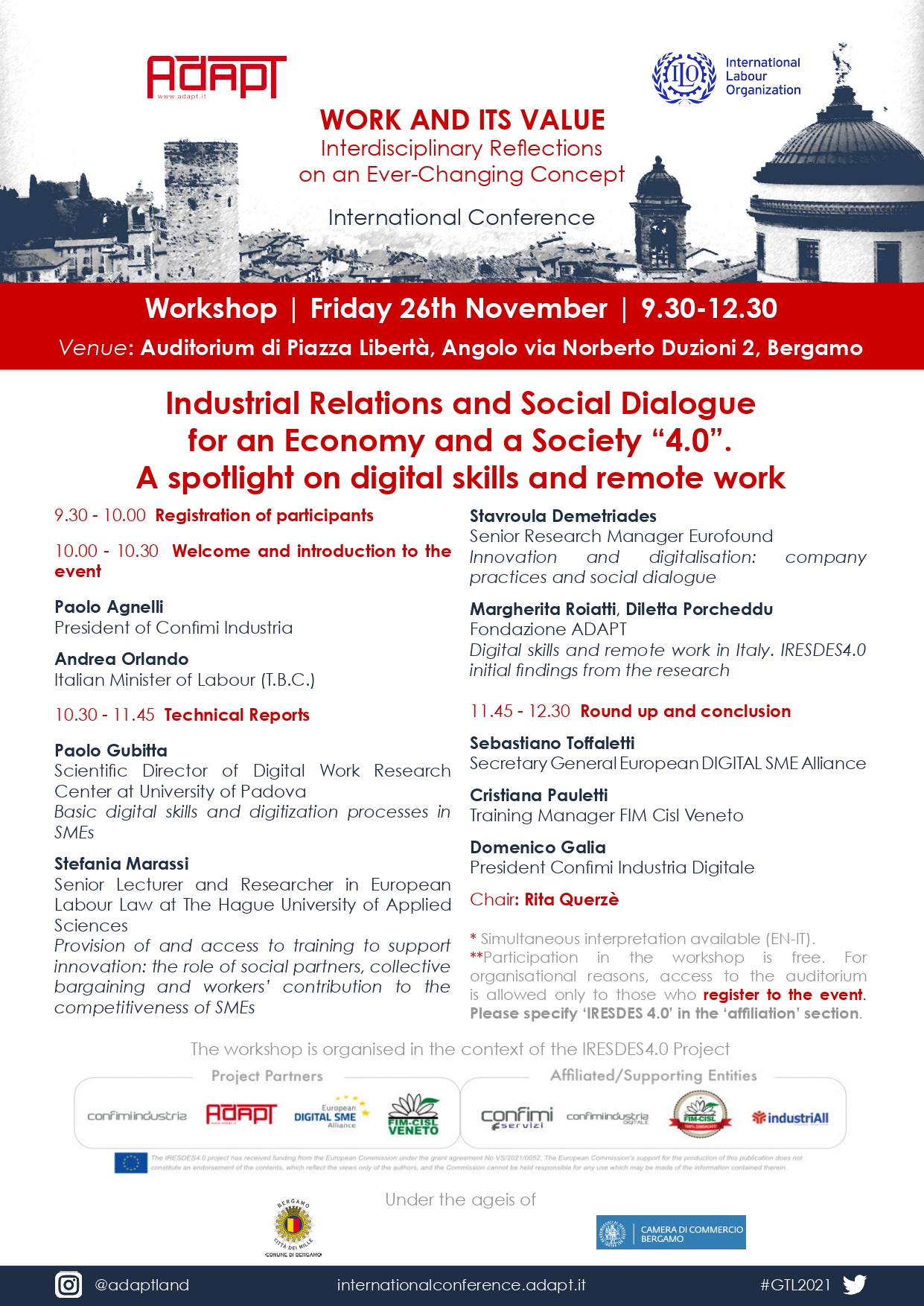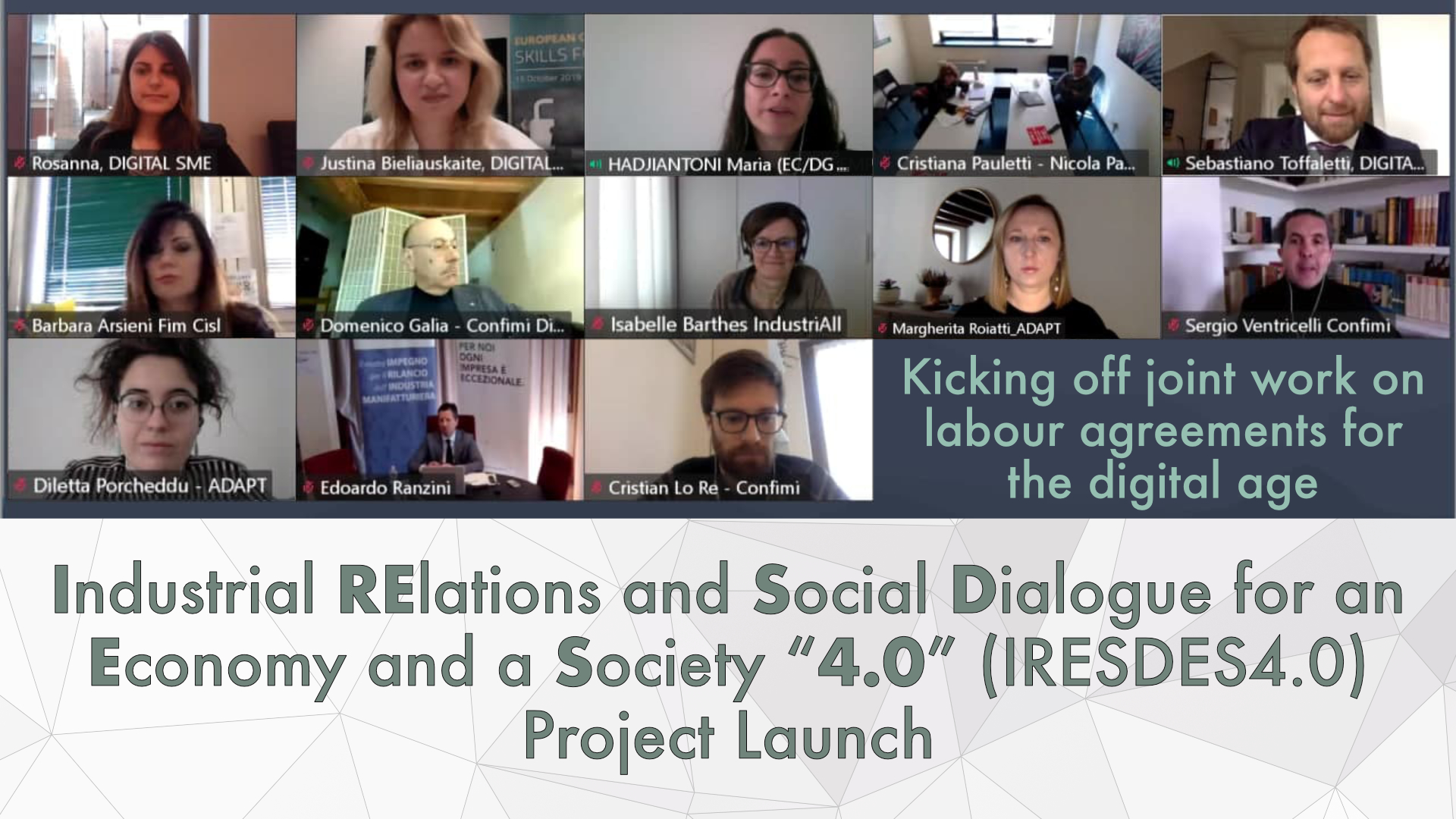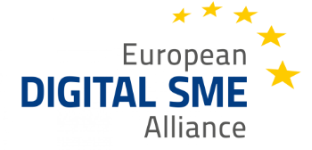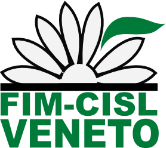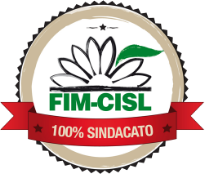Autore: admin
The report of Iresdes 4.0 in the workshop of last November (preliminary findings)
Those are the results of the report presented during the workshop of the project Iresdes 4.0, held in Bergamo last november 26th.
In the report by Margherita Roiatti and Diletta Porcheddu – respectively senior and junior researcher of ADAPT – the progress of the project was assessed, which aims to produce a series of recommendations to innovate bargaining and social dialogue practices at national level and European applied in SMEs, considering the recent significant innovations that the industry 4.0 paradigm has brought to companies, starting with smart working.
The research has moved from studies and reports on remote work, on its impact on companies and in the dynamics of the labor market, as well as on the development of digital skills. Also fundamental is a series of semi-structured interviews with trade union and business world representatives, identified by FIM CISL Veneto and Confimi Industria Digitale.
Three best practices suggested in the field of remote work:
- teamwork of the company (Human Resources department) with the trade union to identify the areas where smart working can be implemented;
- “test” on a limited number of workers and for a predefined time before structurally implementing the remote work to monitor the adaptation to the new organizational model;
- establishment of a joint committee made up of workers and entrepreneurs to discuss the implementation of smart working practices and come up with shared proposals.
The research showed that, although the crisis caused by COVID-19 has also shown how much digitalization is fundamental to improve the economic resilience of businesses, as well as services, products and competitiveness. In 2020 only 1% of European companies with at least 10 employees reached a very high level of digital intensity, 14% a high level, 46% a low level and 19% very low. Only 18% of SMEs provide ITC training compared to 68% of large companies. This difficulty in the use of digital technologies is also reflected in the low diffusion of remote work in SMEs. At the base, according to the scientific literature, there is a corporate culture that is not always favorable to experimenting with new forms of work organization. Furthermore, the so-called “teleworkability” varies considerably in the Member States both according to the type of contract of the workers (there are many more cases of remote work among employees with permanent contracts than those with fixed-term or atypical contracts) and depending on the economic sectors: if in manufacturing the percentage of teleworkers was around 20%, in ICT and communication services it was already 40% in 2018.
Moderated by Rita Querzè, journalist of Corriere della Sera expert in changes in the production and work system, the workshop also collected contributions from Paolo Gubitta – scientific director of the Digital Professions and Hybrid Works Observatory of the University of Padua, by Stefania Marassi – Senior Lecturer and Researcher.
Minister Orlando in a message at the IRESDES4.0 workshop
“In this restart phase, also in consideration of the transition processes underway, starting from the digital and ecological ones, the search for a right balance between competitiveness and social justice can only pass from interlocution and discussion between social subjects and careful monitoring by the public conscription “is how Andrea Orlando – Minister of Labor and Social Policies, in his video message to the event entitled Industrial Relations and Social Dialogue for an Economy and Society “4.0” – A focus on digital skills and remote work today in Bergamo as part of the European project IRESDES4.0, of which Confimi Industria is the lead partner. “The changes taking place need to be governed and this must be a shared process in an area of strong social cohesion which is the premise for effective development policies” concludes Minister Orlando.
The workshop, which was attended by over 70 stakeholders, entrepreneurs and trade unionists, is part of the international conference “Work and its Value. Interdisciplinary Reflections on an Ever-Changing Concept ”, organized by the ADAPT School of Higher Education on Occupational Transitions and Labor Relations and the International Labor Organization (ILO).
President of Confimi Industria, Paolo Agnelli, at the workshop of Iresdes 4.0
“The processes of computerization and digitization of production and organizational processes began many years ago. We have witnessed the introduction of artificial intelligence and machine learning within our companies”. Those are the words of the president of Confimi Industria, Paolo Agnelli at the workshop of Iresdes 4.0 project, held last novembre in Bergamo, which was attended by over 70 stakeholders, entrepreneurs and trade unionists. It was part of the international conference “Work and its Value. Interdisciplinary Reflections on an Ever-Changing Concept ”, organized by the ADAPT School of Higher Education on Occupational Transitions and Labor Relations and the International Labor Organization (ILO).
“For manufacturing, this translates into an improvement in terms of quality and manufacturing tolerances. At the same time, however, the skills that our technicians and collaborators must have have changed and will change, for this reason the subject of training is of equal importance to the digitization of processes. It is clear that there is a need to update skills and reorganize the work system, consequently revising employment contracts that take these transformations into account. – continued Agnelli – The verification of the adequate digital skills of the workforce, which takes into account demographic adjustments, is therefore crucial, in order not to leave behind – for example – older workers who were trained years ago and may not be prepared for the new context economic and productive “concluded the president Agnelli.
Industrial Relations and Social Dialogue for an Economy and a Society “4.0”. A spotlight on digital skills and remote work
Smart working to facilitate a new European labor market, flexible and innovative
IRESDES 4.0 workshop as a part of ADAPT international conference in Bergamo
“Industrial Relations and Social Dialogue for an Economy and Society” 4.0 “- A focus on digital skills and remote work”. This is the title of the workshop organized as part of the European project IRESDES4.0, of which Confimi Industria is the lead partner, which will be held on Friday November 26th in Bergamo (from 9.30 -12.30 in the Auditorium of Piazza Libertà, corner via Norberto Duzioni).
The workshop is part of the international conference “Work and its Value. Interdisciplinary Reflections on an Ever-Changing Concept ”, organized by the ADAPT School of Higher Education in Work and Industrial Relations and the International Labor Organization (ILO). An important and perfectly consistent context with the workshop that will bring together representatives of national and local institutions, employers’ and trade union organizations, professionals and scholars interested in the project, for an analysis in a comparative and international perspective. It will also be an opportunity to discuss and disseminate the preliminary results of the project, with specific reference to the Italian context.
The workshop will open with welcome greetings and an introduction to the event by the president of Confimi Industria, Paolo Agnelli. Andrea Orlando – Minister of Labor and Social Policies, was also invited to speak. It will then be the turn of the interventions by Paolo Gubitta – scientific director of the Digital Professions and Hybrid Works Observatory of the University of Padua, Stefania Marassi – Senior Lecturer and Researcher at the University of The Hague (Netherlands) and Stavroula Demetriades – senior research manager of Eurofound. Below we will get to the heart of the description of the project results, by Margherita Roiatti and Diletta Porcheddu – respectively senior and junior researcher of the ADAPT Foundation. The conclusions will instead be entrusted to Sebastiano Toffaletti – general secretary of the European and Italian DIGITAL SME Alliance, to Cristiana Pauletti – referent for the training of FIM CISL Veneto and to Domenico Galia, president of Confimi Industria Digitale.
Nuovo modello di Relazioni Industriali e sostegno allo sviluppo di competenze digitali dei lavoratori – 22 Luglio 2021
International call to set up a board of international experts representing employers and trade unions
Iresdes 4.0 project is coming to life, which aims to find more suitable solutions to innovate collective bargaining in SMEs and support the development of digital skills in workers through the collaboration of the social partners.
After the kick off last March, project activities have begun which are also leading to the establishment, through the lively response to an international call, of a european stakeholders board representing both employers and trade unions, dedicated to develop the social dialogue. The experts will have to give their precious contribution to the discussion that will lead to the main expected result of the project: a series of recommendations to innovate the collective labor agreements applied in SMEs, in light of the notable innovations that Industry 4.0 has brought to the world of work, as well as the use of teleworking in the period of the Covid-19 pandemic. Expert feedback will be collected through online consultation tools and during 3 international meetings and a final conference, to be organized as part of the project, within two years of its inception.
The first of the meetings with the leading experts will be held at the end of November – presumably in presence – in Bergamo (the partnership is, however, preparing the necessary technologies to allow them to participate remotely). The important project appointment could also take place as part of the broader international event organized by the partner ADAPT on related issues. A first part, open to the public, will be dedicated to promoting the project and disseminating its progress. A second part, behind closed doors, will instead be more technical and dedicated to the work carried out up to then by the experts’ table.
Kick off of Iresdes 4.0 project for upgrading labour agreements for an economy and a society 4.0
Under the leadership of Confimi Industria, Iresdes 4.0, project funded by the European Commission to support social dialogue and industrial relations has been lauched and a experts list will be selected from national and European social partners to establish a European stakeholder board. Focussing on smart working models and digital skills, the stakeholder board will work for 18 months and provide recommendations for upgrading labour agreements for an economy and a society 4.0
Last year, Confimi Apindustria Bergamo has supported businesses through the toughest time since the organisation’s founding over 50 years ago. The employers’ association, which nationally represents more than 40,000 companies that employ about a half-million people, helped businesses to navigate the extraordinarily difficult situation in Bergamo, which was among the regions hardest hit by COVID-19 in the world. “Over the course of last year, digital technology allowed us to reconcile production with organisational requirements to protect personnel”, remarked Paolo Agnelli, President of CONFIMI Industria. “But measures implemented during an emergency are not enough, nor should teleworking be mistaken for smart working. We must work to ensure that the method is regulated in order to guarantee both flexibility and profitable business management.”
“We need to devise a new model of collective bargaining that is less confrontational and more synergistic, that takes into account the major issue of sustainability, and that manages to strike the right balance between social justice and business competitiveness”, as Domenico Galia, President of CONFIMI Industria Digitale, put it. “To achieve such a contractual model, a major cultural change is needed, as is the case for all social and economic processes.”
The project partners Confimi Industria and DIGITAL SME will be joined by labour research centre ADAPT Associazione and trade union FIM-CISL Veneto, and supported by IndustriALL Europe, an umbrella organisation representing independent and democratic trade unions. As a first step towards modernising labour agreements, partners will establish a European stakeholder board consisting of experts from employer and employee associations. The stakeholder board will carefully develop recommendations on how to include smart working provisions and a strong emphasis on digital skills development in labour agreements to ensure that businesses and workers benefit—in Italy and the whole of Europe!

